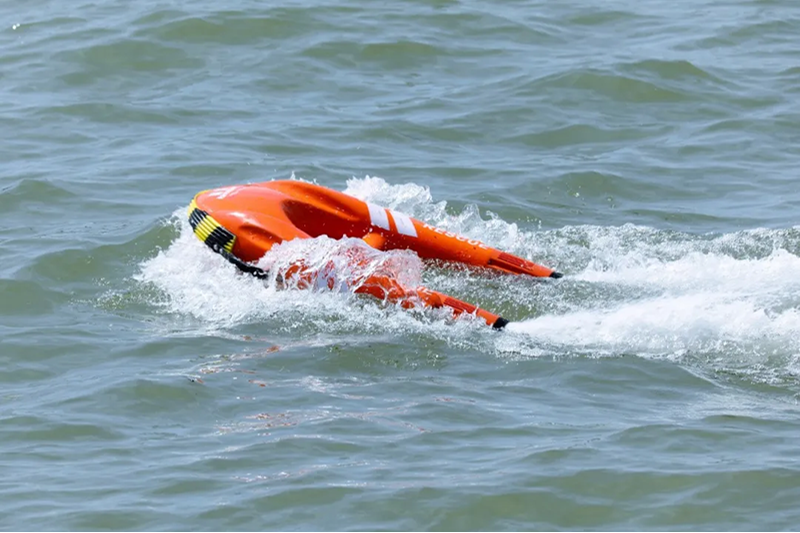Electric Propulsion Concept - synonym-infiltrated
There has been a revolution in various modes of transportation such as cars and airplanes over the past years with the introduction of electric propulsion. This innovation is now hitting the waters through electric jet boats. These boats are fast, efficient and eco-friendly which makes them a great advancement in marine technology.
Improved features of Electric Propulsion
The silence that comes with electric jet boats as compared to traditional ones which operate on internal combustion engines is one thing that sets them apart from their competitors. Additionally, these engines have no emissions making them environmentally friendly enough to replace nitrogen oxides and carbon monoxide which are harmful pollutants. Furthermore, electric motors are less expensive to service and more dependable than intricate gasoline engines because they are simpler.
Advanced Technology at Play
In an electric jet boat, its advanced propulsion system is found at its core. Instead of using propellers like normal boats do, these use jet propulsion where water enters through a pump located at the base of the hull and then flows out under high pressure through an outlet at the back end. The pumps that drive this operation are powered by electric motors hence provide momentary torque and impressive acceleration. Battery technology integration has improved significantly in recent years resulting in extended viability for both commercial applications as well as leisure boating due to longer ranges and faster recharging times.
Environmentally Sustainable
One significant reason why there is increasing popularity of electric jet boats is their environmental sustainability. Every day, people’s understanding regarding global warming keeps on changing thus this forms another challenge for marine industry. Electric boats do not emit anything while running; hence they make air cleaner as well keep our channels uncontaminated. Additionally , oil spills also occur less frequently when using them leading to little damage to sea creatures within aquatic ecosystems . Boaters can contribute actively towards environmental conservation while enjoying their time on water by adopting electrical drives.
Usefulness Cases and Market Fashions
Electric Jet Boats – another popular synonym for it are electrojet boats – are not just a fad; they are finding applications in different sectors. In the recreational boating niche, these vessels can provide roller coaster thrills to enthusiasts without the noise or exhaust fumes often associated with conventional engines. For eco-tourism operators, electric boats provide a sustainable way to explore delicate ecosystems without disturbing wildlife. Additionally, governments and municipalities have offered grants and subsidies aimed at encouraging the adoption of electric marine vehicles thereby promoting further innovation among manufacturers who want to expand their market horizons.
Issues and Prospects
However, despite several benefits that come along with electrical jet-boats, several issues including infrastructural development charging stations along waterways and the further improvement of battery technology regarding range and efficiency need to be addressed for their wider application. Nonetheless, problems such as these are already being dealt with through on-going initiatives by various companies and academic institutions worldwide. As each new technological milestone is surmounted , electric jet-boats draw closer towards becoming rule rather than exception in this industry.
Conclusion
This evolution of electric jet boats has changed how people interact with water and engage in any form of marine transportation. Electric jet boats combine advanced technology, environmental sustainability as well as practical use making them redefine our experience of interacting with waterways. These innovative ships will promise future generations a cleaner quieter more enjoyable time on the water as progress continues to be made while awareness grows over time


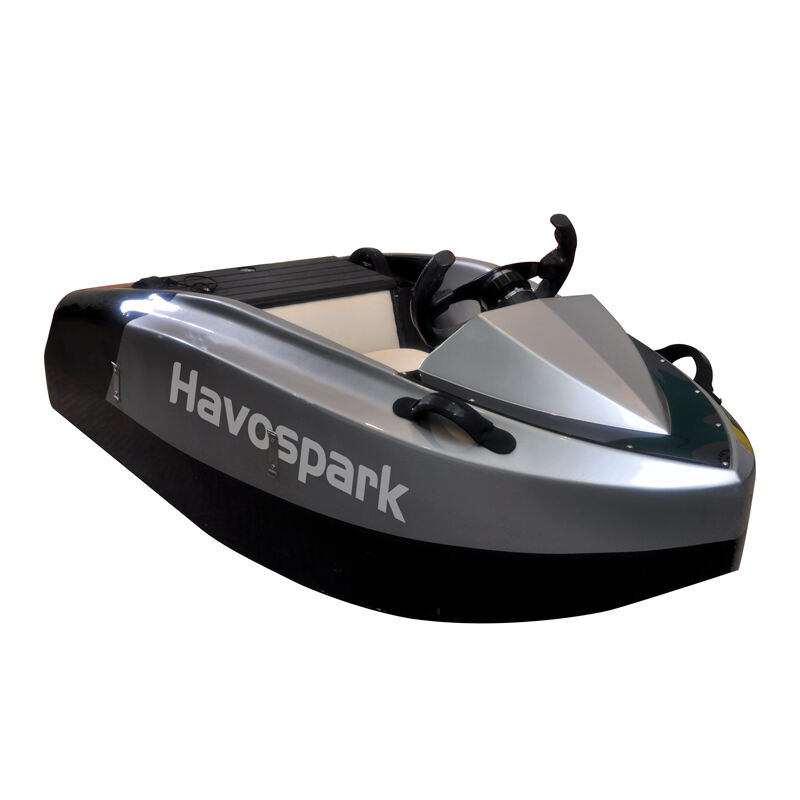
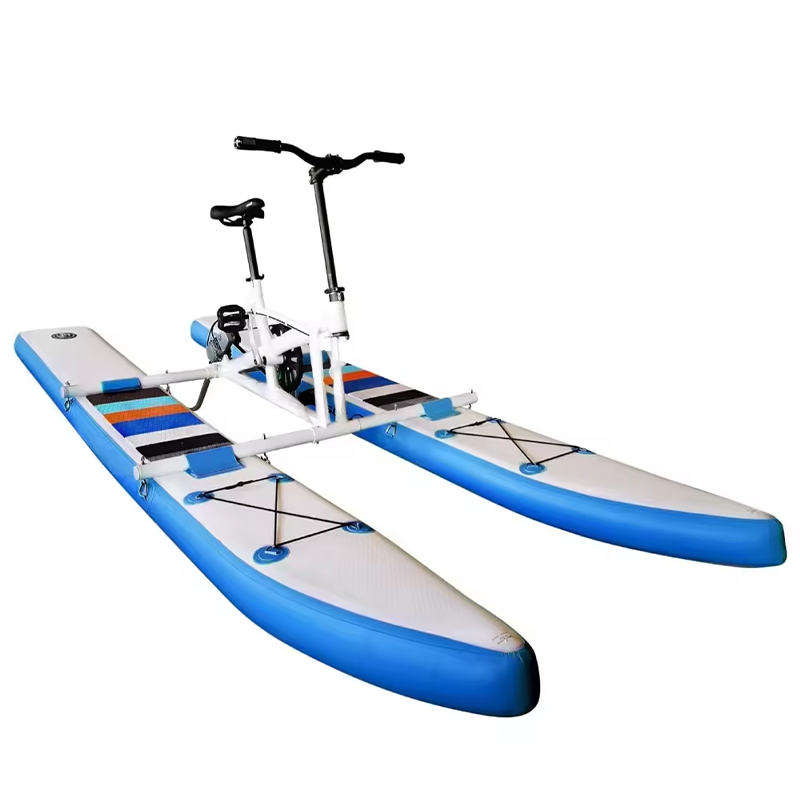
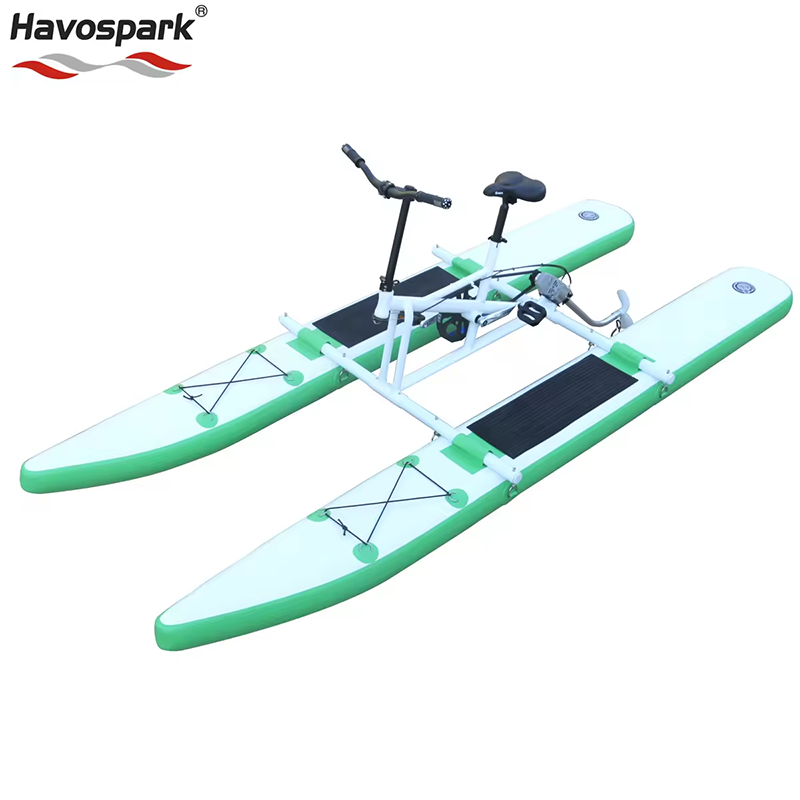
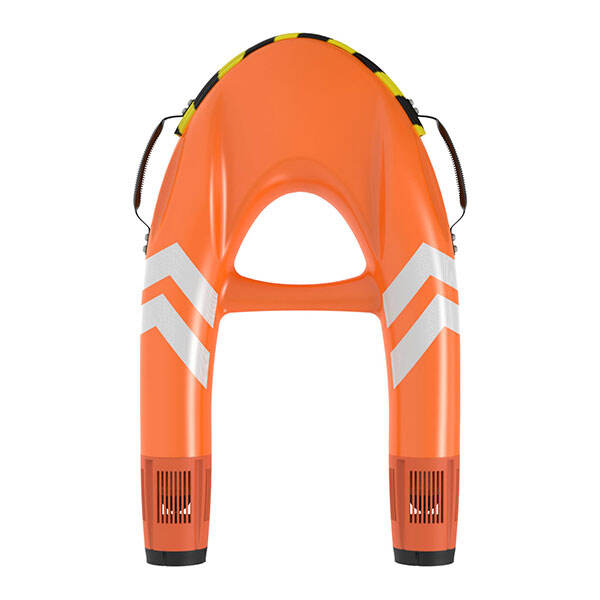

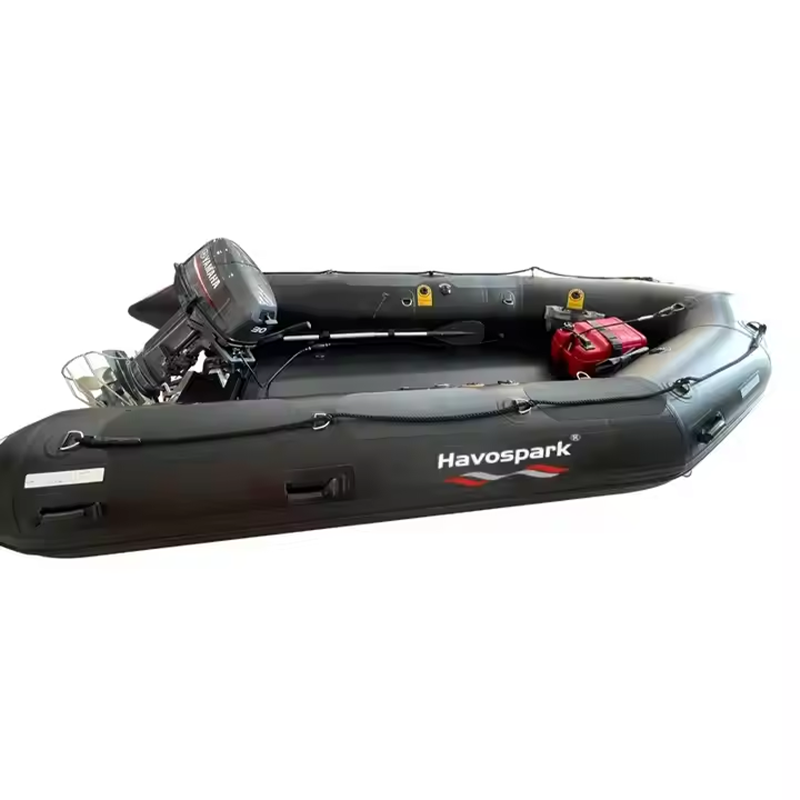
 Hot News
Hot News